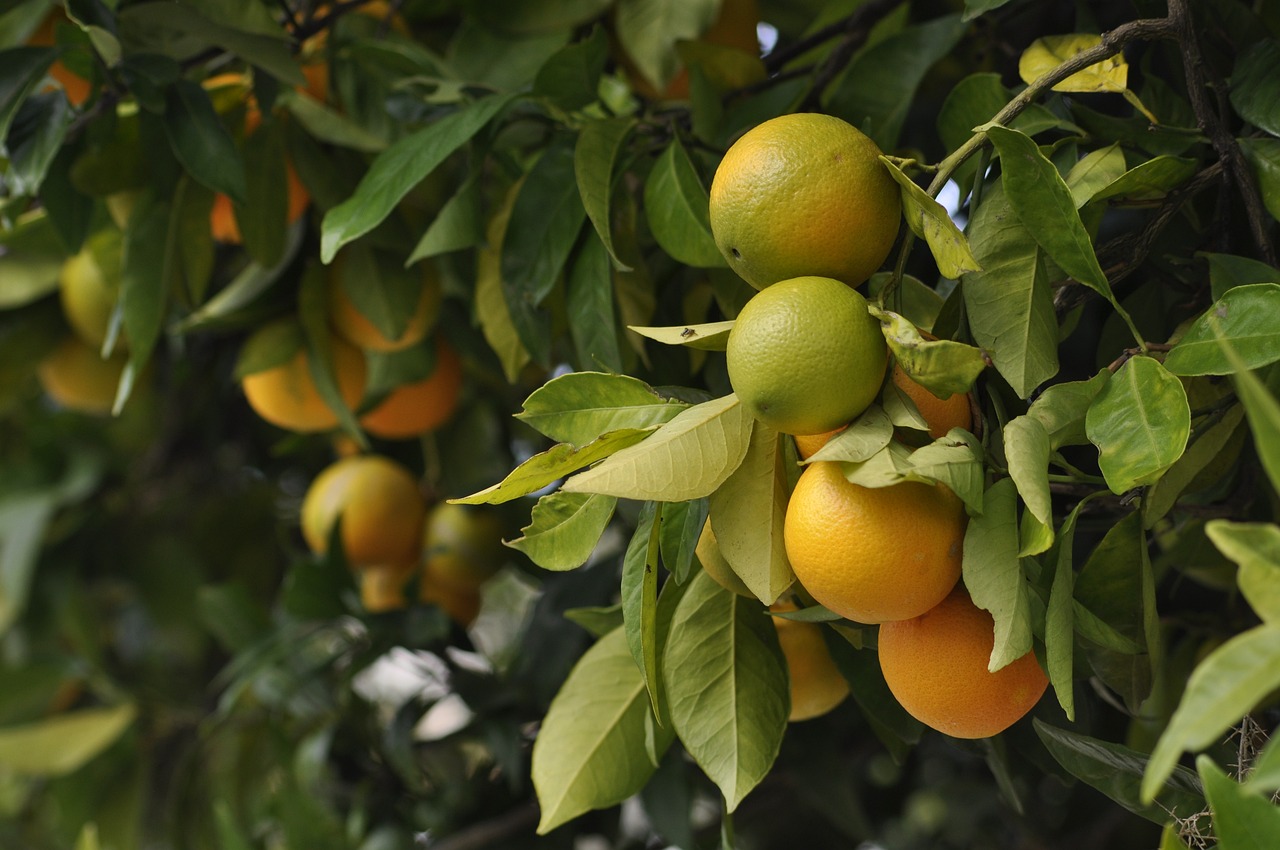In the 2023 export season Southern African citrus growers packed 165.1 million (15kg) cartons for delivery to global markets. While this is an increase of approximately 800 000 from the packed figures of last year, it is still 500 000 cartons lower than the forecast at the start of the season and more importantly, substantially below the anticipated growth curve based on plantings that can see the industry potentially hitting 200 million cartons in the next 4 years, and possibly 260 million cartons by 2032. This highlights that growers continued to face a number of challenges when it comes to getting their fruit to key markets.
When it comes to each cultivar:
- This year 1,9 million less cartons of Grapefruit were packed for export than in 2022. It is nonetheless 400 000 more than estimated at the beginning of the season. The 2023 total, 14,8 million, is considerably less than the 20,3 million packed two years ago in 2021, continuing the downward trajectory.
- Mandarin exports continue to increase substantially. This past season 37,9 million cartons were packed, an increase of 6.1 million year-on-year and 3,8 million more than estimated at the start of the season. This growth is largely due to increased orchard plantings as well as strong demand in the European Union (EU) and the United Kingdom.
- Lemons also showed an increase. 900 000 more cartons were packed this past season, bringing the total to 35,6 million. However, this was 1,3 million cartons less than the pre-season estimate.
- Oranges have shown a decrease overall. This year 24,7 million cartons of Navels were packed, 3,1 million less than last year, and slightly below the estimate. Valencias also recorded a decrease – 1,7 million cartons less, with a total of 52,1 million cartons packed. This total is 2,4 million less than the original estimation.
Following an extremely challenging two years, where only one in five growers made a profit, this year’s better market prices and reduced shipping costs offered a measure of relief to many growers.
However, they continued to face a number of challenges which negatively impacted the amount of citrus they could export and their profits. These included sustained high levels of load shedding, which impacted their ability to irrigate, fertilize, pack and cool citrus, the latter being an essential phytosanitary requirement for many export varieties.
The general surge in farming input costs continued during the 2023 season and placed pressure on growers. Devastating floods in the Western Cape in June also impacted farms in that province. The flood caused damage of at least R500 million to citrus farms in the Citrusdal valley.
Another significant challenge was the worsening logistics crisis, which has paralysed large segments of our country’s export economy. Congestion at ports and a dysfunctional freight rail network has cost farmers dearly and is, in effect, halting growth opportunities for the citrus industry. The CGA continues to engage with Transnet on these issues, but is in full support of Transnet expediting public-private partnerships both in the ports and the rail system as a matter of urgency. In this regard, the CGA has welcomed the announcement of International Container Terminal Services (ICTSI) as the preferred bidder to develop and take over the operations of Durban Container Terminal Pier 2 and have already started engaging with the company ahead of it taking over the terminal next year.
Perhaps the biggest challenge faced by the industry this season has been an intensification of the unjustified phytosanitary regulations imposed on our growers by the European Union (EU). Taken together, the unnecessary protocols and proactive measures against Citrus Black Spot (CBS) and False Coddling Moth (FCM) are costing the local citrus industry R3.7 billion annually. The CGA is working with the Department of Trade, Industry and Competition (DTIC) and the Department of Agriculture, Land Reform and Rural Development (DALLRD) to fight these discriminatory and anticompetitive regulations which are aimed solely at benefiting European citrus producers like Spain. The regulations resulted in a continued decrease of orange exports to the EU. Looking ahead to the 2024 season, stricter control measures or an EU market closure will surely devastate entire farming communities across South Africa. The CGA remains committed to working with government to overcome these serious threats to the sustainability and profitability of the industry and the 140 000 jobs it sustains. South African jobs need to be defended on the level of the World Trade Organisation (WTO) through urgent action. A call for a WTO panel must be declared on the FCM regulations and consultations called for regarding the CBS regulations.
Finally, the slow pace in ensuring wider access to key markets such as the United States, India, Vietnam, Japan and Thailand, in order to absorb the increased production of fruit, poses a real risk to the industry.
Should the challenges concerning electricity supply, input costs, logistics, unfair trade regulations and barriers blocking market expansion be addressed by all the relevant role-players and stakeholders, the citrus industry can easily attain its goal of creating a further 100 000 jobs and generate an additional R20 billion in annual revenue by 2032. This would bring its total contribution to 240 000 jobs and R50 billion in revenue.
The CGA would like to thank all its members for their hard work during 2023. We remain committed to continue working with government, labour and various private sector role-players to ensure that South African citrus, the second largest exporter of citrus in the world, remains a major contributor to the economy.
Source: Resolve Communications









